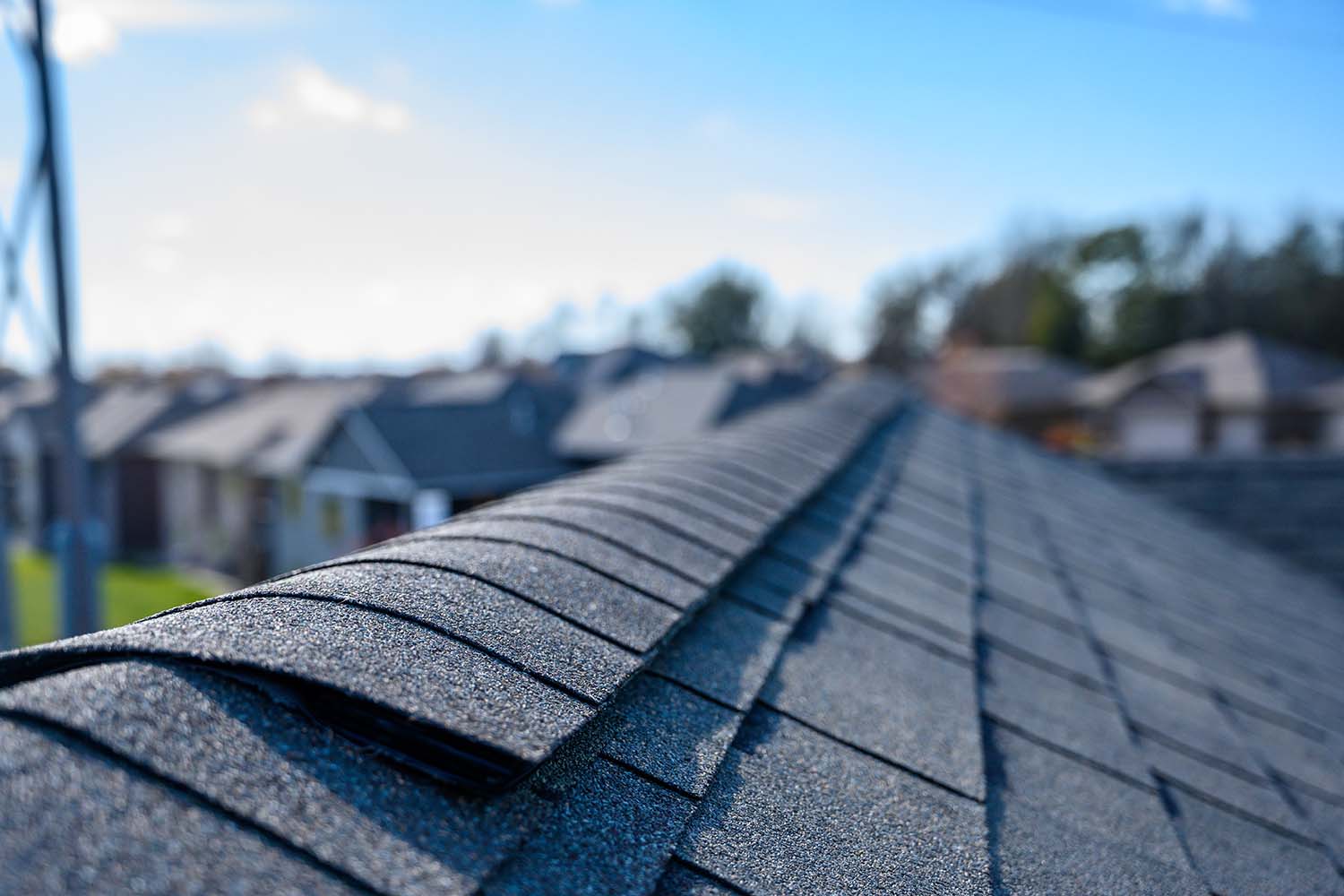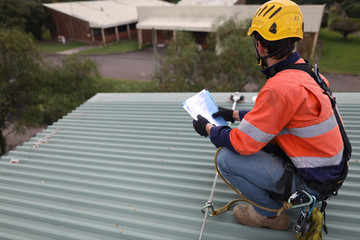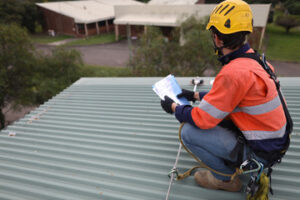Roofing is the process of covering a building with materials and constructions that will protect it from the elements. The roof is also known as the building envelope. Roofing materials and constructions include shingles, underlayment, and flashing. Roofing is an important part of building construction. However, it is not a DIY project.
Roofing materials are the products that cover the top surface of a building. They are carefully chosen to provide protection from the weather and the elements, including direct sunlight. Depending on their composition, roofing materials can be made of a variety of different materials. Some types are natural, while others are man-made.
Roofing materials have a major impact on the aesthetics of a building. If they complement the overall architecture, they can be aesthetically pleasing. On the other hand, if their appearance clashes, they can be unattractive and serve no purpose. This is especially true for residential homes. Today, roofing materials have been developed to offer unique looks while still meeting their crucial functions. Among the most popular roof materials are shingles, shakes, and slates. They are available in many colors, shapes, and sizes.
Synthetic underlayment is a popular choice for roofing applications. Unlike traditional felt, synthetic underlayments are fast to install and remain stable even when exposed to high winds. The synthetic material also provides a superior level of water resistance and is wrinkle-free. However, synthetic products are more expensive and require different installation techniques.
There are many types of underlayment. The cheapest is asphalt-saturated felt. It offers good water resistance, but is very heavy and can hurt the roof over time.
Roofing flashing is a protective barrier on the top and bottom of a roof. It is made from sheet metal, although other materials are also used. Sheet metal is preferred for its resilience and ease of installation. Plastic flashing is less expensive but is less durable and is subject to UV rays that can deteriorate its seal. Most modern homes have flashing installed during construction. Depending on the type of fixture, flashing may also be prefabricated and included with an installation kit.
Roofing flashing protects the structure of the roof by directing rainwater away from the roof and into gutters. It also helps prevent roof leaks by providing additional reinforcement at joints and peaks. Roofing flashing is particularly important around chimneys and skylights as these areas tend to leak.
Roofing shingles are an important part of any home’s exterior. They not only protect your roof from the elements but also add curb appeal and add value to your home. The type of shingles you choose will determine the durability and longevity of your roof. There are many options available, including asphalt and wood shake shingles. Consider your aesthetic tastes, your budget, and your region’s needs when choosing the right roofing shingles for your home.
When choosing roofing shingles, consider their impact resistance. The ability of a shingle to withstand hail damage is critical. Damage from hail can compromise waterproofing capabilities, leading to leaks, mold, and water infiltration. In addition, hail damage can be hard to detect. In some cases, a homeowner may think their roof is okay because it doesn’t look damaged, when in fact it is.
Cedar shakes for roofing are one of the most popular types of roofing materials available. This type of roofing provides a weathered and rustic look to a roof and can be a great choice for a variety of architectural styles. It is also extremely durable and resistant to UV damage, insects, and heavy storms.
Cedar shakes are available in many different colors and styles. This type of roofing material can also be stained to add additional luster and character. However, cedar shakes need to be treated to help prevent decay, mold, and termites from attacking them. They should also be treated to resist severe sun exposure and fire spread.


